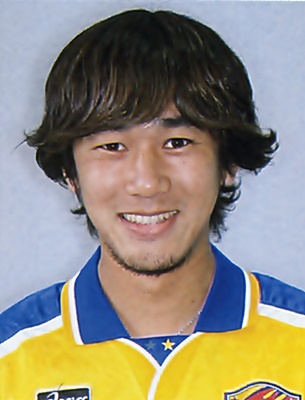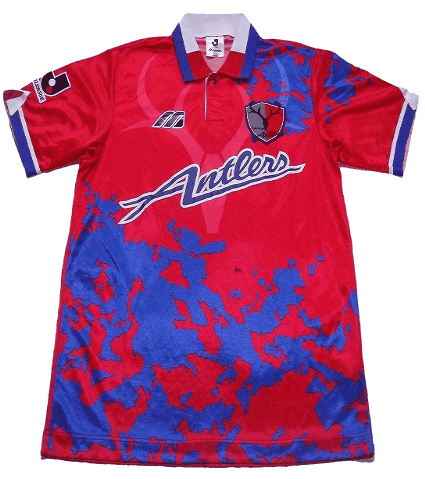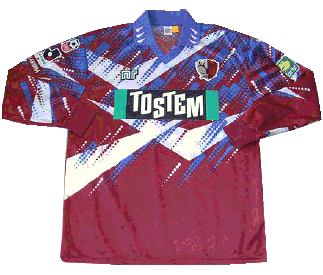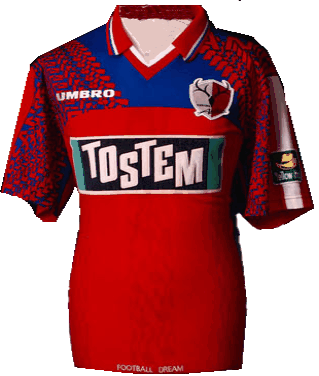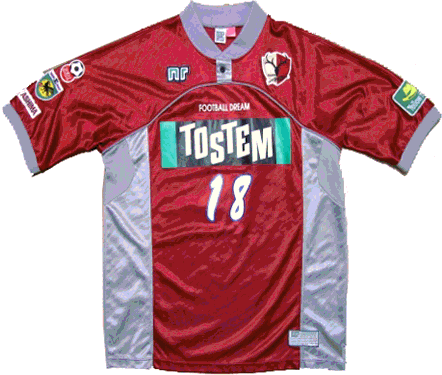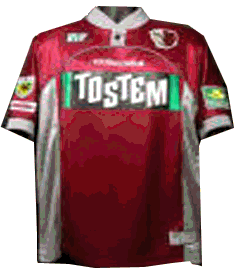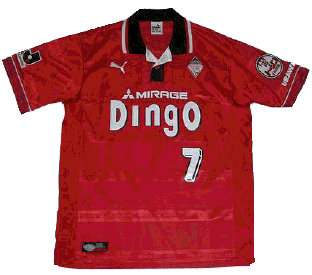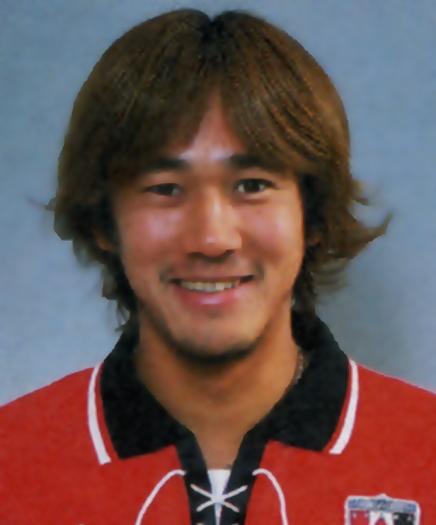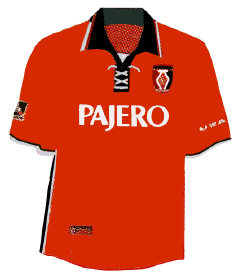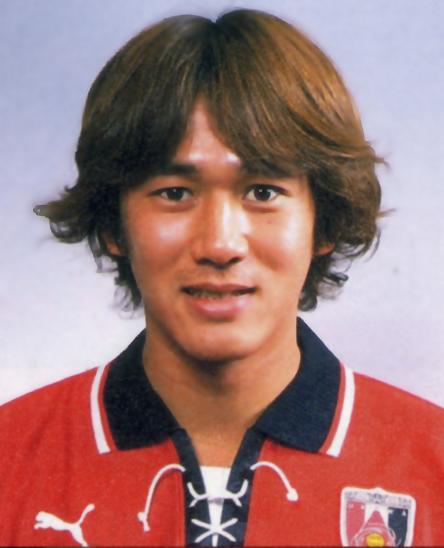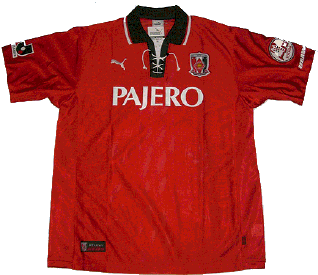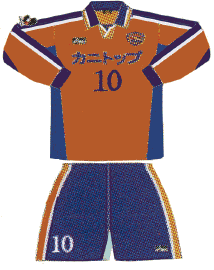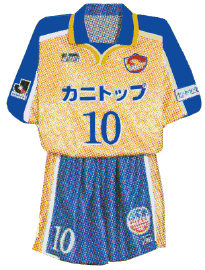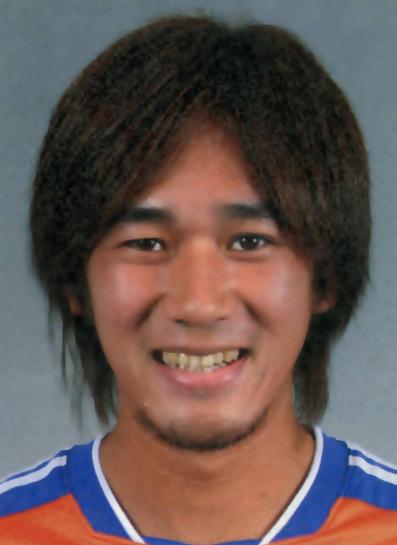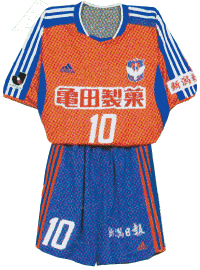BioToshiyuki Abe's career got a late start, since he entered university the same year that the J.League was founded, and completed his education before entering the league. Abe, a Saitama native, was a star midfielder at Tsukuba University, gaining plenty of positive press and attracting crowds of admiring young women with his long-haired good looks and charisma in front of the camera. Though several teams aggressively recruited him, including his hometown club the Urawa Reds, he decided to join the Kashima Antlers upon graduation. His rookie season was promising, with Abe making 14 appearances and showing signs of good future potential. However, having just signed a Brazilian maestro named Leonardo, to occupy the midfield playmaker spot. Abe was sent to CFZ do Rio, the football academy founded by Zico, for a two-year spell. Abe performed reasonably well in Brazil, and though there were indications that he might be spending a bit too much time at the beach and in the bars, rather than on the training pitch, he returned to Kashima in 1997 to another round of adulatory press coverage. Over the next two season, Abe held a regular starting spot in the Antlers midfield, but his performances were far from compelling. He scored only three goals over the next two seasons, and though his passing was always crisp and effective, people began to whisper in the back coridoors of the Antlers clubhouse that he didnt have the commitment or intensity to ever really fulfill his potential. Abe himself seemed a bit frustrated, and with even more promising youngsters like Masashi Motoyama, Koji Nakata and Mitsuo Ogasawara scrapping for a spot in the roster, he did not seem to fit in anymore. Though he probably could have had his pick of offers from other J1 teams, Abe opted to return home in 2000 and join the Urawa Reds, who had just been relegated to the J2. Some viewed this as a noble gesture, and in many ways it was ... since the money might have been better at a J1 club. But Abe also seemed to be pursuing the "path of least resistance, and while he did contribute to the Reds' return to the J1, the following season, he also seemed to show up in popular night clubs as often as he did in the Reds starting lineup. After just two years at Urawa, Abe was beginning to wear out his welcome again, and he moved on to Vegalta Sendai. The recently promoted Vegalta had all the things Abe enjoyed most -- adoring fans, good night clubs and plenty of press attention. When he got up in front of a TV camera, with his charm, charisma and still-boyish good looks, you could easily forget that Abe was making only mediocre contributions on the pitch. For another two years, Abe basked in the role of the star . . . at least in the media and with the local girls. But his skills were fading and his reputation as a bit of a slacker was catching up with him. In 2004, after Vegalta were relegated, Abe moved on once more -- this time to Albirex Niigata. But this time there was no adoring press to film his arrival, and his spot at the end of the bench did not win him much face time on TV, or much adoration from Niigata's football groupies. At the end of 2004, when Abe was released by Niigata, the only team that was willing to pick up his contract was the one he had started with -- the Antlers. After giving their former golden boy a few chances to come on late in contests and reward nostalgia buffs with a farewell tour, the Antlers let him know that it was the end of the line, and Abe retired after the 2005 season. Toshiyuki Abe had what would otherwise be viewed as a decent journeyman's career. For good or bad, however his media profile and "reputation" was always founded on his good looks and easygoing and engaging personality on camera. Thus it is no surprise that dedicated football fans never really warmed to him, at any of the clubs where he played. His career statistics - particularly the paltry 15 goals - are those of a solid but unspectacular squad player. That was a role he was happy to fill. Abe can hardly be blamed for being a natural media darling. Although he never came close to fulfilling the overinflated expectations that surrounded him when he entered the league, he always put in a solid shift, and was a useful team contributor.
|
|
|||||||||||||||||||||||||||||||||||||||||||||||||||||||||||||||||||||||||||||||||||||||||||||||||||||||||||||||||||||||||||||||||||||||||||||||||||

